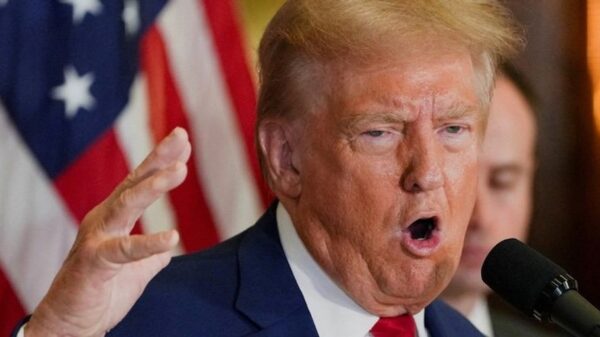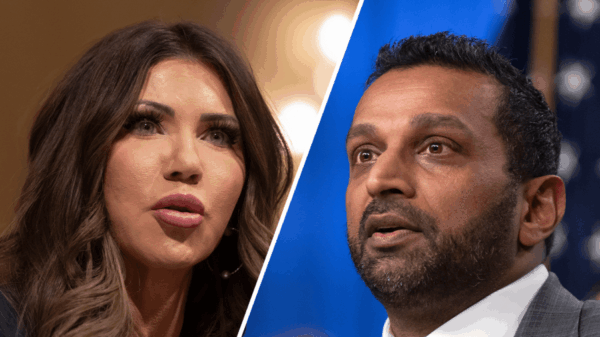UPDATE: New reports confirm that partisan and special interest caucuses in the U.S. House have collectively spent at least $50 million since 2019. This urgent investigation by The Center Square reveals startling expenditures on staff, food, travel, and other costs, raising significant questions about taxpayer funding.
The Democratic Caucus led the way with a staggering $16.4 million in spending. Following closely, the Republican Conference spent at least $14.4 million. Together with other groups such as the New Democratic Coalition and the Congressional Black Caucus, these organizations collectively burned through an additional $15 million of taxpayer dollars.
Concerns are mounting as critics highlight the implications of this spending. David Williams, president of the Taxpayers Protection Alliance, expressed his outrage: “This money is gone. You have to pay for it privately or through campaign funds.” He reiterated the unfairness of taxpayers funding caucuses that may oppose their beliefs. “If you’re pro-life and you’re a taxpayer, you are funding a caucus that you disagree with,” he stated.
However, some experts defend the necessity of these caucuses. JD Rackey, associate director at the Bipartisan Policy Center, emphasized their role as valuable forums for legislative development. “These caucuses serve as legislative idea and policy hubs,” he explained, providing critical support for members to advance ideas and proposals.
Despite the differing perspectives, the financial implications are clear. The Problem Solvers Caucus and other specialized groups, such as the Main Street Republicans and the Pro-Choice Caucus, also contributed to the financial strain, spending around $1 million each, while the Main Street Republicans allocated $534,000 and the Pro-Choice Caucus $345,000 of taxpayer money.
The controversy surrounding these expenditures is further compounded by the lack of responses from caucus leaders when pressed for comments. As taxpayers face the reality of funding groups that may not align with their views, many are left questioning the accountability of such spending.
Moving forward, scrutiny over these financial practices is expected to intensify. With the upcoming elections and potential reforms on the horizon, how Congress addresses this issue could have lasting implications for taxpayer dollars and legislative integrity.
Stay tuned as developments unfold on this pressing issue impacting American taxpayers and their representation in Congress.







































































